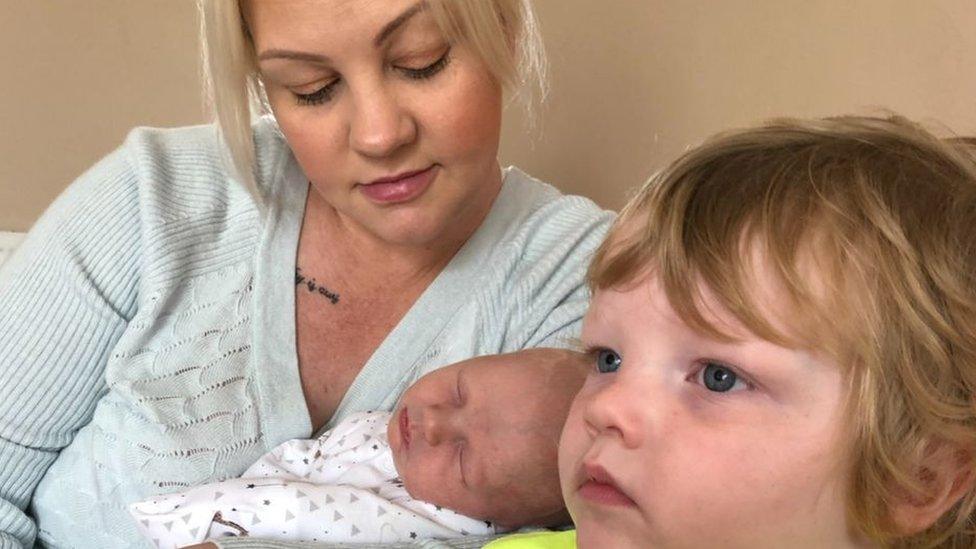Homes for Ukraine: Mother fears homelessness as refugee scheme ends
- Published
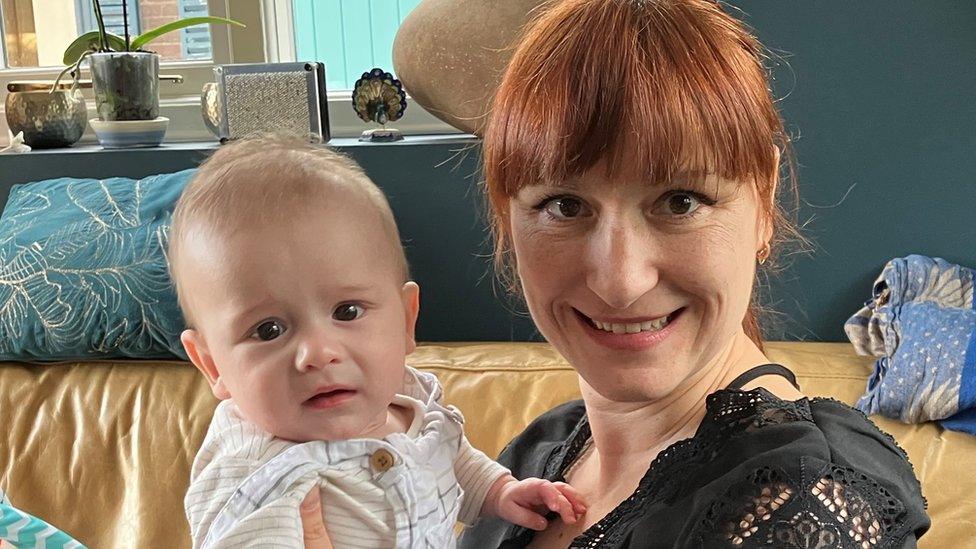
Iryna Tyshchenko arrived with her two daughters in April and gave birth to a baby boy in September
A mother-of-three has said she fears being made homeless or being forced back to her war-torn home country as the Homes For Ukraine scheme ends.
UK sponsors agreed to house refugees fleeing the war with Russia for a minimum of six months from March 2022.
Iryna Tyshchenko, who arrived in April, has to leave her host home in Cheshire, but does not know where she will go.
The government said councils have a legal duty to "ensure no families are left without a roof over their heads".
More than 160,000 refugees were helped under the government scheme.
Following the initial six-month period, some councils have increased the £350-a-month payment sponsors have received to encourage more households to keep housing them.
However, it is not a national policy and many hosts and their guests have been left in the dark about what will happen after that initial six-month period.
Ms Tyshchenko arrived in the village of Tarporley with her two daughters in April 2022 and gave birth to a baby boy in September.
Her home city of Kherson was occupied by Russian forces shortly after the war broke out, but was retaken by Ukraine in November.
The 38-year-old told BBC North West Tonight her family had been "really lucky, because we have got a really good house [and] they are really nice people".
"They helped as much as they could. We feel really comfortable," she said.
However, a change in the host family's circumstances means she and her children will soon have to move out.
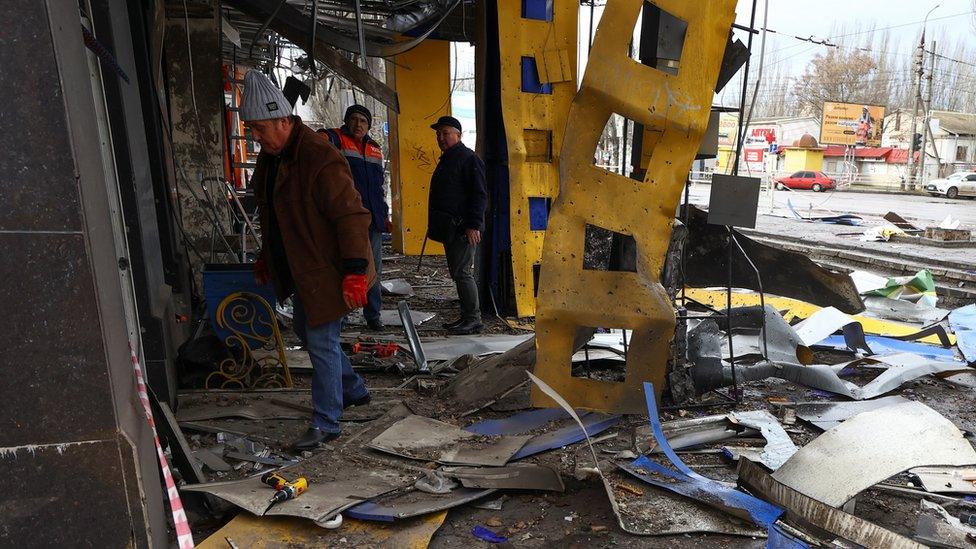
Ms Tyshchenko's home city of Kherson has been devastated after months of Russian occupation
Like other Ukrainians, who came here under the scheme, their future is uncertain.
"We don't really know where we will go, like thousands of Ukrainians, after their half year here it ends, and we will have to go somewhere," she said.
As her son Alex is four months old and she cares for her other two daughters, Ms Tyshchenko is unable to work and receives Universal Credit.
She has applied for social housing, but knows she could be moved anywhere, disrupting her daughter's schooling.
Even so, she admits she is in a better position than others, who could end up homeless.
"If a council won't help, they don't have anyone to help," she said.
"Many people I know will go back to Ukraine because they have nowhere else to go.
"It's easier for them to go back to Ukraine, to the war, but at least they have their house."
Dr Krish Kandiah, who founded the Sanctuary Foundation to support refugees in the UK, said the hosting programme had been "amazing, historic in fact, but the challenge is those hosting arrangements can't last forever".
"Trying to rent a property is proving very difficult for many Ukrainians," he said.
"I've met people crying in my lounge, so worried about where they are going to live."
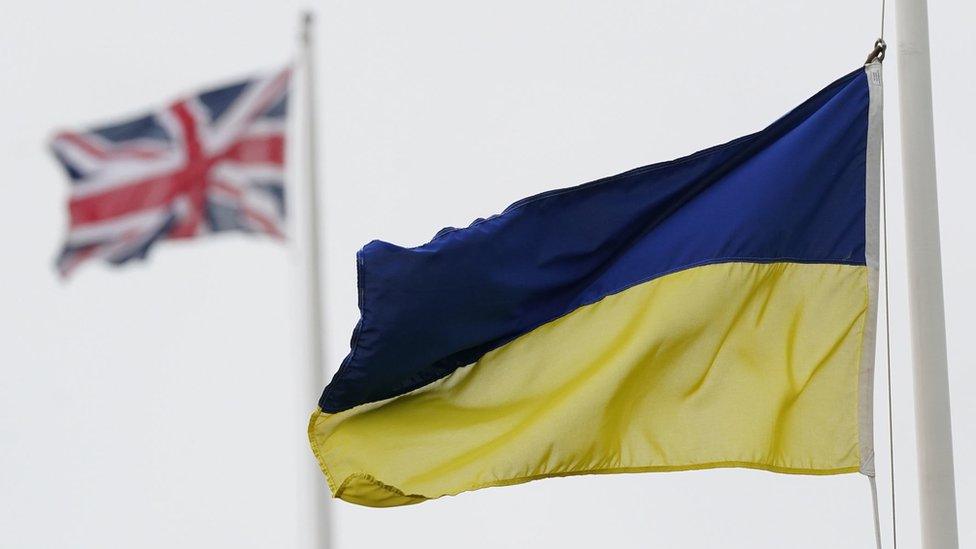
The government said councils "can act as guarantors and tariff funding is available to help guests with deposits and rent advances"
Figures from the Department for Levelling Up, Housing and Communities, external show 4,295 Ukrainian households have received homelessness support from their local authority since arriving in the UK.
This week, 70 MPs, including the former Home Secretary Priti Patel, wrote an open letter to the department calling for better funding, external.
They said that in the midst of the cost of living crisis, there were "growing concerns that increasing numbers of Ukrainian arrivals are facing homelessness or destitution".
They added that while they welcomed the government's response to the conflict, they felt "further action was necessary to ensure that refugees could access a safe and secure home and did not have to face homelessness".
A government representative said all new arrivals could work and access benefits and "in all cases, councils have a legal duty to ensure no families are left without a roof over their heads".
"We know that the majority of sponsors want to continue but in cases where landlords refuse tenants who don't have guarantors or a lack of credit history, councils can act as guarantors and tariff funding is available to help guests with deposits and rent advances," they said.
Ms Tyshchenko said she was worried about the future.
"The council say 'don't worry, we will help', but when you don't really know, it is really stressful, because I understand I can't demand to stay here," she said.
"I need to find a solution."
She said despite the problems ahead, she was grateful to be in the UK and would like to stay.
She added that a return to Kherson in the near future was just a distant hope.

Why not follow BBC North West on Facebook, external, Twitter, external and Instagram, external? You can also send story ideas to northwest.newsonline@bbc.co.uk
Related topics
- Published12 December 2022

- Published13 October 2022
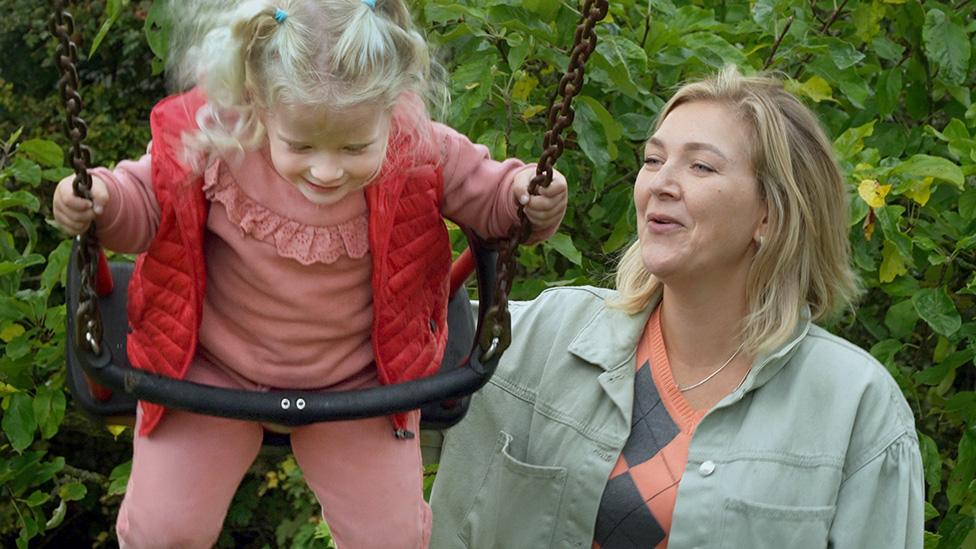
- Published21 July 2022
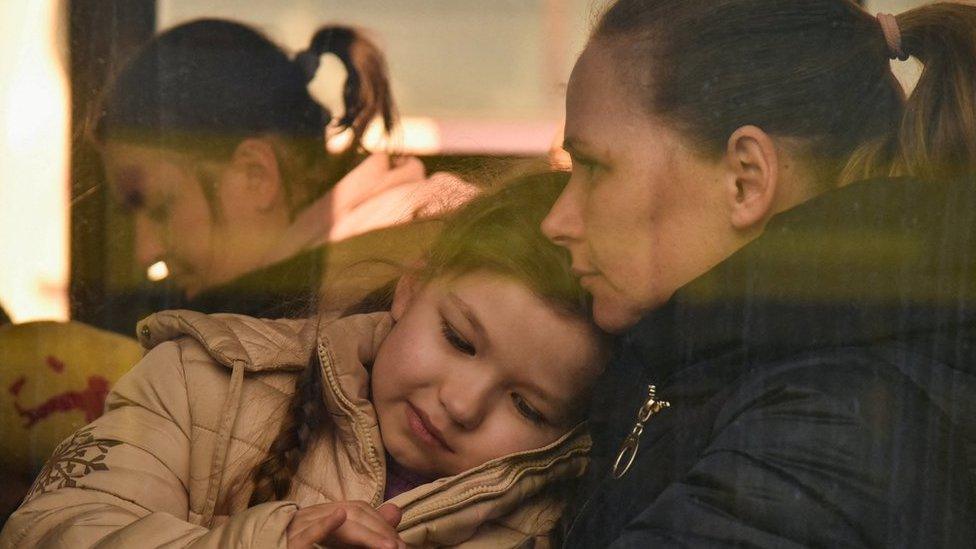
- Published15 March 2022
